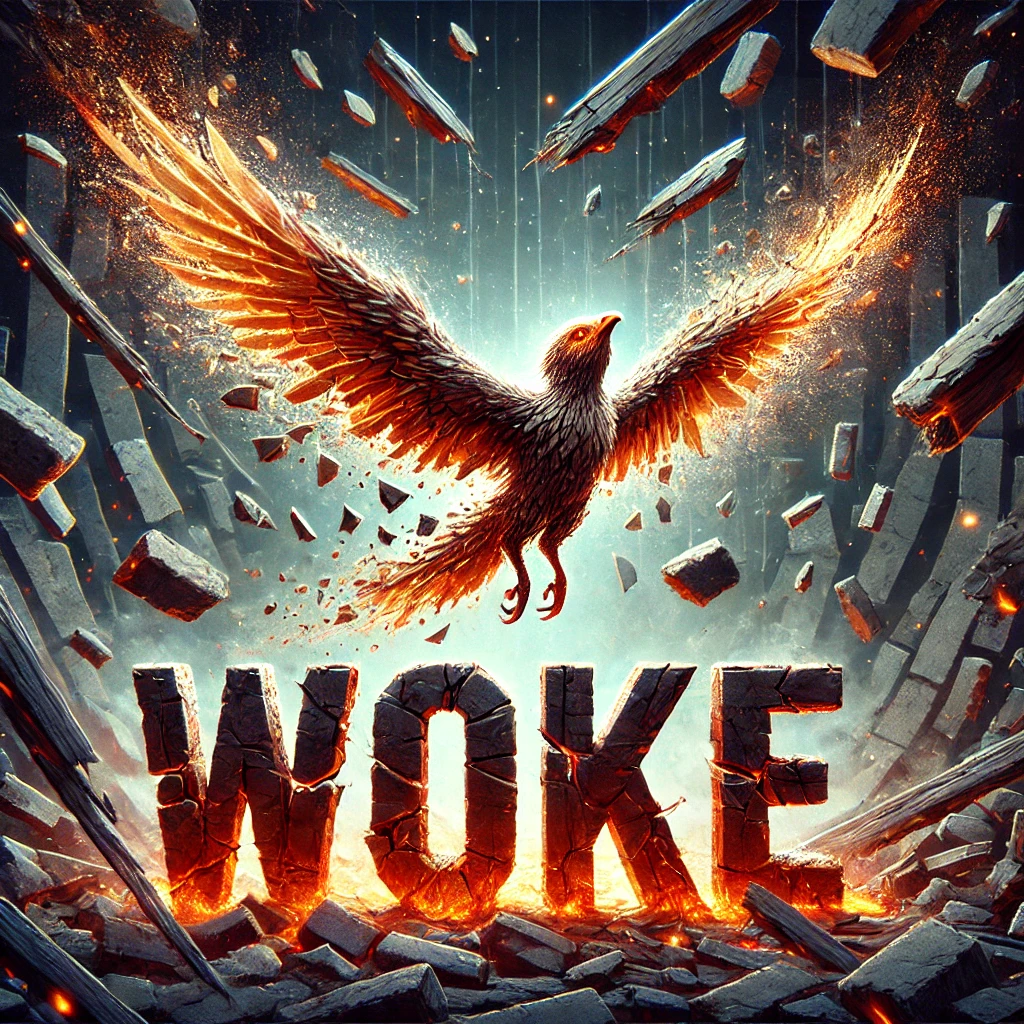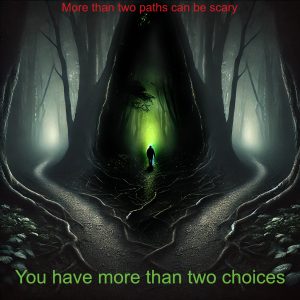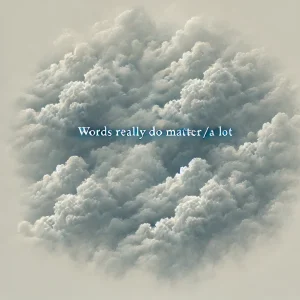
The Journey of “Woke”—Who Broke It?
“Woke” was never supposed to be a punchline. It was never supposed to be a slur, a talking point, or a weapon in some culture war grift. It started as a call to stay awake, stay aware, and stay ready—a warning passed through generations of Black communities facing real, undeniable oppression. It was about truth, about knowing where you stand in a world that’s been designed to keep some people blind and others silenced.
And yet, look at it now.
What was once a rallying cry for awareness is now a hollowed-out shell, mocked, misused, and misunderstood. “Woke” became a boogeyman—a catch-all for whatever people don’t like, a lazy insult for anything even remotely progressive. It became corporate marketing garbage, a buzzword in boardrooms and advertising campaigns, where activism was reduced to hashtags and rainbow logos in June. It became political theater, where entire news cycles revolved around debating whether something was “too woke” or not woke enough, as if reality itself were a performance to be judged.
And for a while, companies wanted to be woke. Or, at least, they wanted you to think they were. They slapped “woke” on ads, on mission statements, on their social media accounts—because it was good for business. They sold you “wokeness” like it was a lifestyle brand, a trend, a way to feel like you were part of something bigger.
But people got tired of it. It started as something meaningful, then became corporate, then became exhausting. The same empty gestures, the same surface-level activism, the same predictable cycle of brands chasing relevance without substance. And when the public grew sick of the corporate routine, “woke” stopped being a feel-good slogan and started being something else: a divisive weapon instead of a unifying call to action.
When the winds shifted—when “woke” stopped being easy money—those same companies jumped ship.
And that’s when the real hijacking began.
No, “woke” didn’t just evolve. It was taken—hijacked, twisted, and sold back to us as a joke, a threat, a divisive label that means everything and nothing at the same time.
The question isn’t whether woke is good or bad. The real question is: who benefits from making sure we never talk about what woke was actually supposed to mean?
Of course, the answer isn’t hard to find—if you know where to look. “Woke” didn’t just lose its meaning by accident. It wasn’t some natural evolution of language or an innocent cultural shift.
No, it was taken—piece by piece, distorted, and repackaged. First by corporations, who saw its marketing potential and drained it of substance. Then by media outlets, who turned it into an outrage machine, spinning endless debates over what counted as “too woke” or “not woke enough.” And finally, by politicians and power players, who twisted it into a political bludgeon to keep people divided.
At first, “woke” meant being aware—of injustice, of inequality, of the systems designed to maintain them. But when it became mainstream, it became useful to those who thrive on division. Suddenly, it was no longer about justice. It was about branding. About drawing lines between “us” and “them.” About making sure that real conversations about injustice were drowned out by endless culture war bickering.
It worked. Now, instead of asking what’s broken in the system, people argue over a word. They fight about who’s “too woke” and who’s “not woke enough” while the same structures of power that “woke” originally called out remain untouched.
The point of “woke” in the 1930s was to stay alert to racial injustice and systemic oppression. The point today, at least for those who twisted it, seems to be ensuring that we argue over its meaning instead of addressing the injustices it originally sought to highlight.
So where do we go from here? Maybe we take a note from Morgan Freeman when he said, “Stop talking about it.” Not as a call to ignore injustice, but as a shift in how we talk about it. Less performance, more action. Less obsession with the word, more focus on the work that needs to be done.
We don’t need to reclaim “woke.” We need to reclaim the conversations it was meant to inspire—the hard discussions, the uncomfortable truths, the real change that gets lost when we waste our breath fighting over terminology. We need to move past the noise and get back to the work.
Because the moment we stop arguing over what woke means, we face a crossroads. We might open up space for productive conversations and real change, or we might retreat into silence, division, and apathy—isolating ourselves while those in power manipulate the void. The way forward isn’t just about stopping the argument; it’s about making sure we replace it with something real, something that can’t be co-opted or twisted beyond recognition.






One Comment
Nancy Davison
Every interesting, Curt, and well written. Thanks.